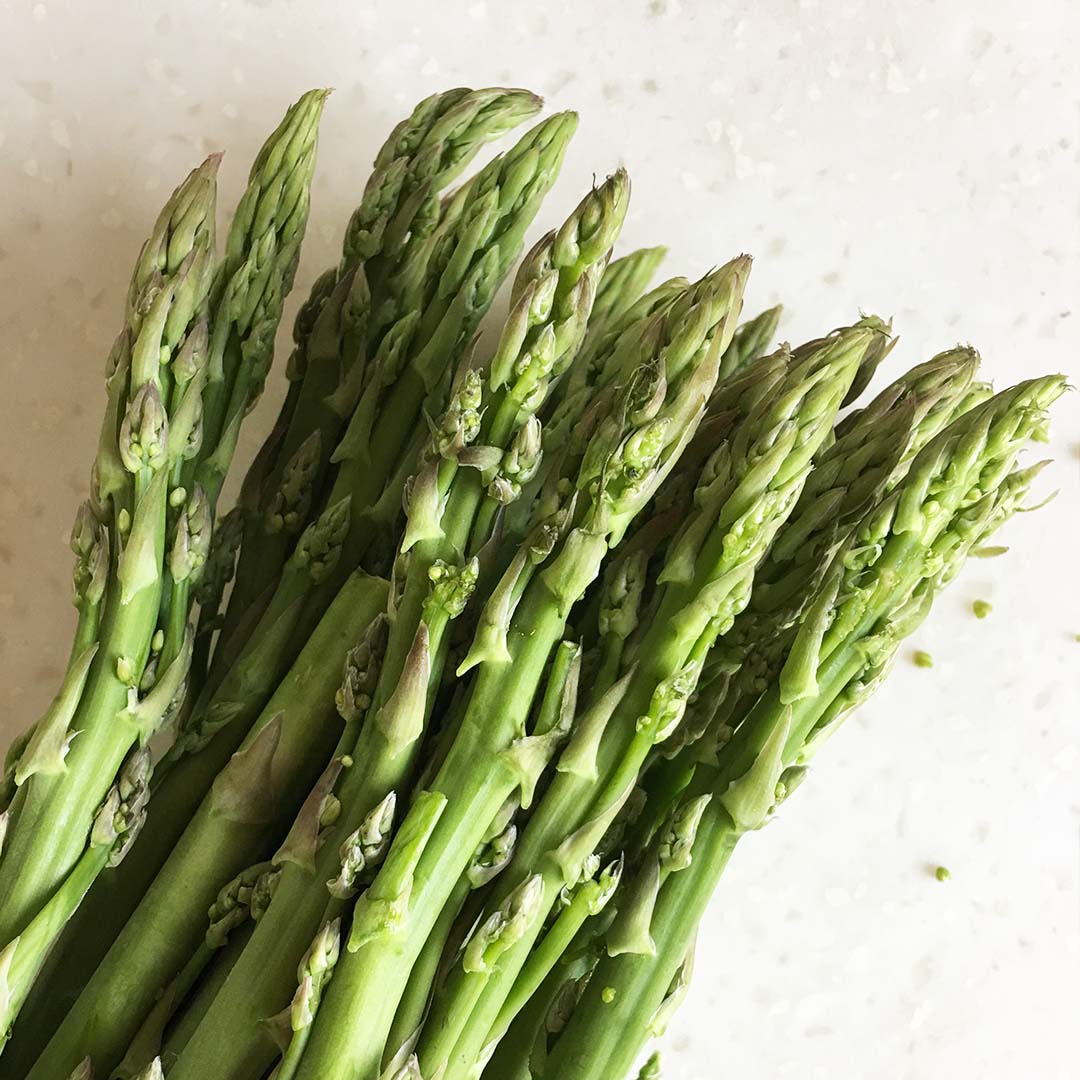Vitamin K2
Back to ingredients
Form: MK-7 (Menaquinone-7)
Food Sources: Green, leafy vegetables such as green cabbage, broccoli, Brussels sprouts, spinach, vegetable oils and cereal grains.
Benefits of Vitamin K2
- Cardiovascular health
- Bone health
- Pregnancy support
What is Vitamin K2?
Vitamin K, which is actually a group of vitamins, plays an important role in blood clotting. The ‘K’ stands for ‘koagulation’, the German word for ‘coagulation’, which is the process where our blood changes from a liquid to a gel. Vitamin K contributes to normal blood clotting by activating a protein, which then helps our body to heal wounds and prevent excessive bleeding.
There are two forms of Vitamin K: Vitamin K1 (phylloquinone) found in lots of plant foods, and the less common Vitamin K2 (menaquinone), found in meat and some fermented foods. Vitamin K2 is also commonly missing from many supplement powders and meal replacement shakes, which we recommend avoiding due to their low levels of nutrients, and the risks they create in developing type 2 diabetes.
Vitamin K does more than help when you cut yourself - it is vital for the maintenance of healthy bones. There are at least three Vitamin K-dependent proteins found in our bones and people with weak bones or conditions such as osteoporosis have been shown to have low blood levels of Vitamin K. Studies have also shown that supplementation with Vitamin K can help prevent bone loss, a condition that can affect postmenopausal women and older men. You may be interested in reading ‘Why is bone health so important in menopause?’.
Discover if you're gaining the right nutrients in your diet by creating your free online Diet Profile today - it only takes 3 minutes.
















